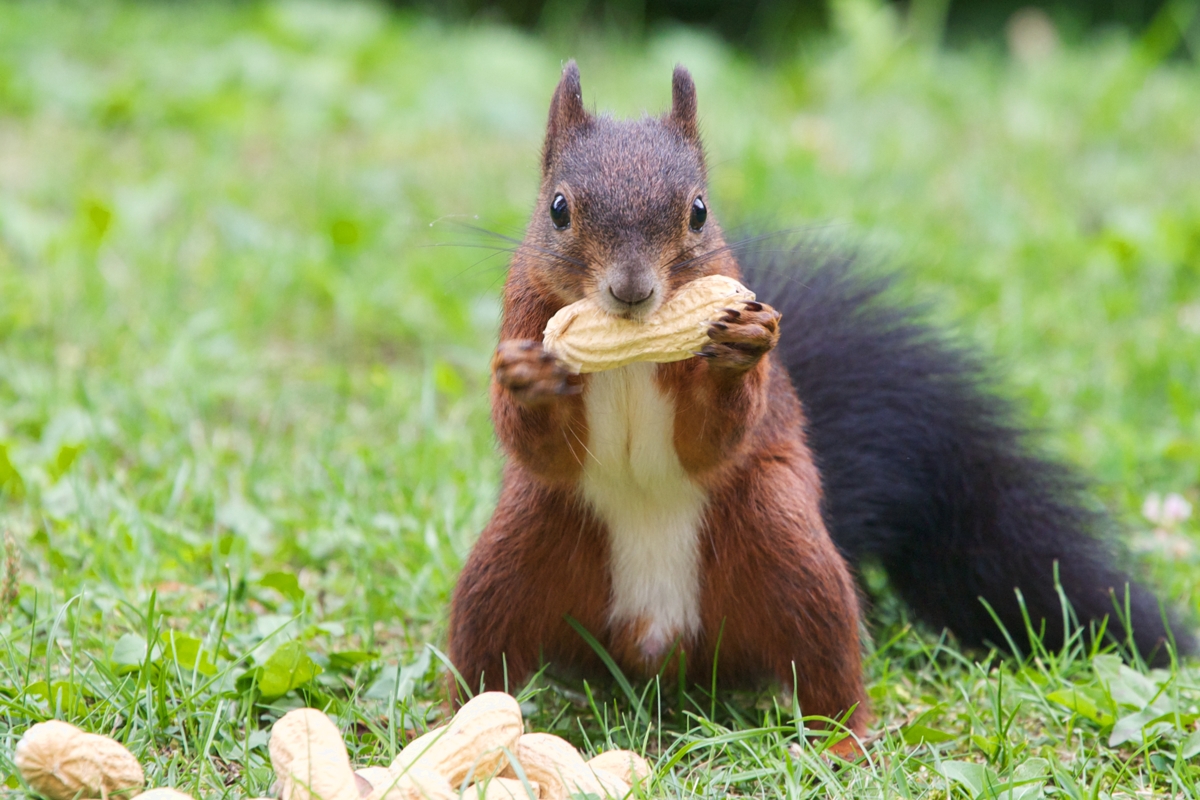Red squirrels at the FWG – OFNC
red squirrels diet - Red squirrels at the FWG – OFNC - The North American Red Squirrels
Source: http://ofnc.ca/wp-content/uploads/2018/01/Red-Squirrel.jpg
The North American Red Squirrels (Tamiasciurus hudsonicus) is definitely an extremely common squirrel in THE UNITED STATES. It won't be confusing while using Western european Red Squirrels which is just about the most frequent Eurasian squirrels.

Source: https://pixfeeds.com/images/9/342975/1200-183247290-red-squirrel.jpg
North American Red Squirrels can be found in most areas of the us where conifers are common. Inside the southern Rockies there is a subspecies that is certainly often refered to since the Spruce Squirrel. It isn't practically as red as the squirrels found further north. Actually, the squirrel outlined on this web site would certainly certainly be a Spruce Squirrel (it had been filmed at 10,000 legs in high altitude near Fairplay, Colorado).
Source: http://treesforlife.org.uk/docs/079_360__eatingintro_1446645765_standard.jpg
There are many pets or animals that eat Red Squirrels. Without all predators are placed throughout its range, these are a number of the key predators: Coyotes, Bobcats, Canadian Lynx, Great Horned Owls, North Goshawks, Red-tailed Hawks, North American Crows, Red Foxes, North American Marten, Wolves, and Weasels. Yet, this has been reported that predators likely eat few adult squirrels inside their normal diet.
Source: http://animalstime.com/wp-content/uploads/2012/05/Scotland-Red-Squirrel-e1359369293982.jpg
Like the majority of squirrels, the North American Red Squirrels have high ahead of time mortality. No more than 22% of young survive to achieve 12 months old. One study exhibited that females that survive to no less than 12 months old hold the average expected life of 2.three years. Maximum age ranges are generally about eight years for Red Squirrels.
Source: http://treesforlife.org.uk/docs/079_360__geograph_4457776_by_peter_trimming_1446654212_thumb.jpg
Red Squirrels usually only partner only once or twice each year, and females enter into estrus just one day per year. This is exactly what is in reality a spontaneous ovulator.
No Comment